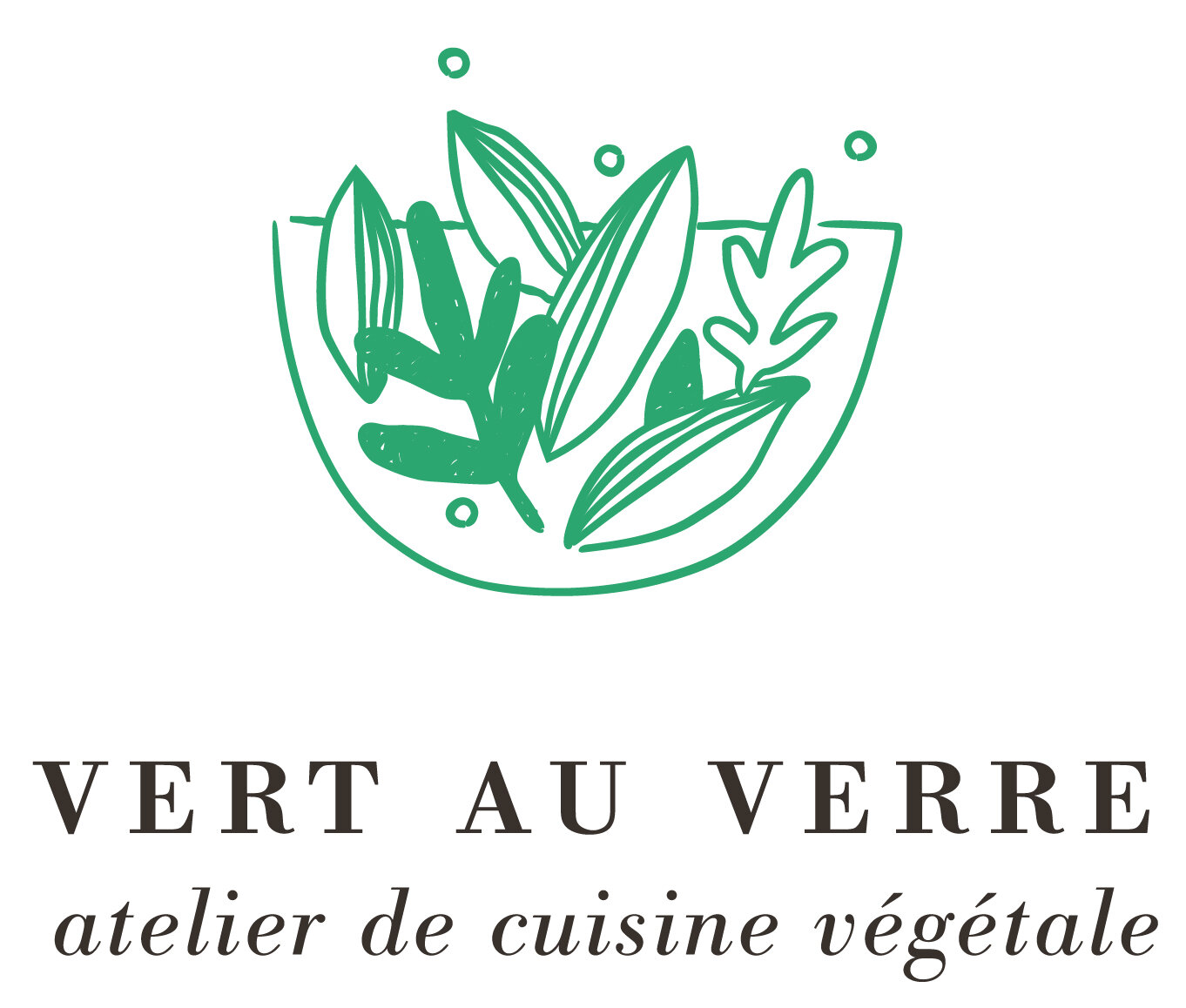Is It Really Necessary To Consume Organic Foods?
A fresh rainbow colored salad prepared with minced red cabbage, broccoli, apple, mint leaves, radishes, pomegranate seeds, topped with roasted pecans and sesame seeds, plus drizzled with my homemade Wafu sauce.
Why eat organic?
Did you know that organic fruits and vegetables are actually tastier than non certified and/or GMO ones. Furthermore, according to many published studies the level of certain nutrients, such as calcium, iron and magnesium is higher in produce that are certified organic.
From a scientific angle, since 1960, it is a well documented fact that the accumulation of pesticides in the different links of the food chain is an important source of contamination.
Actually, we can simplify the food chain according to the four following links :
1. Plants
2. Vegans (herbivores)
3. Animal – Carnivores (predators)
4. Human – Carnivores (super-predators)
As a matter of fact, the accumulation of pesticides increases along these four levels in the food chain. As a result, the pesticide level in living tissue is more concentrated as you reach level number 4. You are considered a super-predator if you consume farm or wild caught animals. The animals you eat have been exposed and have absorbed a fair amount of pesticides through their feed and their environment. Therefore, they are an important source of exposure to these types of chemicals. Fruits and vegetables, being at the beginning of the food chain, do not have the same high levels of pesticides.
Health risks
In terms of the many health risks associated to pesticide consumption, some studies have found higher concentrations of DDT in metastasized cancer cells. DDT, a pesticide, is linked to brain, gastrointestinal and liver damage. It is banned in Canada for pesticide use on crops. However, many exporting countries still allow the use of DDT to be sprayed on fruits and vegetables as an insect repellent. As a result, it is impossible to be sure the imported produce you are purchasing does not contain DDT unless you buy organic. Moreover, pesticides are endocrine disruptors; they interfere with the body’s endocrine system and produce adverse developmental, reproductive, neurological, and immune effects in both humans and wildlife. Endocrine disruptors have been linked to many health problems including obesity, diabetes, breast cancer, immune disorders, liver cancer, prostate cancer, and thyroid disorders.
So why eat organic? Certain fruits and vegetables are more contaminated that others, therefore should be purchased organic whenever possible.
A delicate summer salad made with pears, green oakleaf lettuce, endives, black radish sprouts, watercress, mint leaves, and roasted walnuts. The light creamy dressing is prepared with avocado, lime juice, walnut and olive oil, coarse Himalayan salt, filtered water, and fresh dill.
The fruits and vegetables that contain the most pesticides in order of the most to the least are
peach
apple
pepper
celeri
nectarine
strawberry
cherry
kale
lettuce
imported raisins
carrot
The following fruits and vegetables contain the lowest amount of pesticide residue, therefore the organic certification is not a crucial factor if the price is higher than conventional produce. Nevertheless, only certified organic produce is guaranteed non-GMO, unless specified otherwise with a specific certification. Besides, for example in Canada, it is not mandatory to mention if a food is or contains GMOs on its label. On the other hand, it is mandatory in France.
Fresh colorful cherry tomatoes
These plants are the “cleanest”
avocado
sweet corn
pinneapple
mango
asparagus
small peas
kiwi
cabbage
eggplant
papaya
water melon
broccoli
tomato
sweet potato
Pros and cons
Organic produce is sometimes less expensive, slightly more expensive or really expensive. In my opinion, when it comes to the average price of your weekly groceries, don’t you agree that it is better to pay with your pocketbook now than with your health later on? By spending a little more on your groceries you are getting higher quality foods with great nutrient density.
When you purchase non organic produce, it is recommended that you peel or soak your fruits and vegetables in a white vinegar and water solution to remove pesticide residues. If time is not a luxury and you must skip the soaking, don’t sweat it. In the end, what truly matters is that your food is the most natural and nutritious possible. In spite of everything, plants have a much lower chemical content than meat.
The choice is yours
Consequently, the best thing you can do for your well-being on a daily basis is to eat a diet comprised of mostly plants, organic or not. As a result, you will surely be on the path to good health.
Discover my wholesome recipe ideas!



